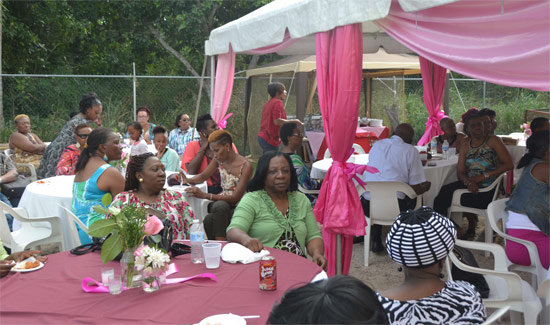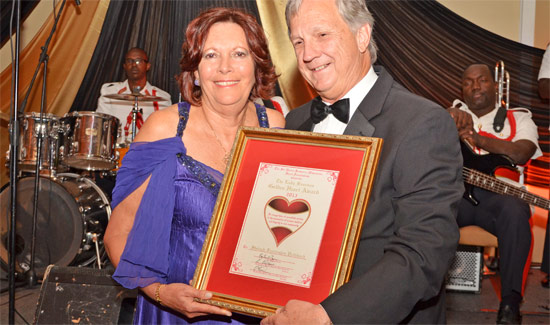 WASHINGTON, DC – Addressing the Pan-American Health Organisation (PAHO) 50th Directing Council meeting, Bahamas Ambassador to the United States Cornelius A Smith spotlighted the issue of violence-related injuries in the non-Hispanic Caribbean as a matter of regional health concern.
WASHINGTON, DC – Addressing the Pan-American Health Organisation (PAHO) 50th Directing Council meeting, Bahamas Ambassador to the United States Cornelius A Smith spotlighted the issue of violence-related injuries in the non-Hispanic Caribbean as a matter of regional health concern.
Other issues he raised included environmental security, food security and an anti-HIV and congenital syphilis agenda.
Mr. Smith headed The Bahamas delegation to the PAHO meeting, which included Drs. Merceline Dahl-Regis, chief medical officer; Delon Braynen, deputy chief medical officer; and Cherita Moxey, senior house officer. Bridget McKay, alternate representative from The Bahamas Permanent Mission to the OAS, was also part of the delegation.
The ambassador was responding to the report of PAHO Director Dr. Mirta Roses, titled “Promoting Health, Wellbeing and Human Security In The Americas,” which she delivered at PAHO headquarters in Washington, DC.
“In the non-Hispanic Caribbean, particular attention is given to personal security and to the response to violence-related injuries which disproportionately affect an expanded population of persons aged 15-35 years, rather than the referenced 15-24 age group as noted on page 27 of the (director’s) report,” he said.
“In [The Bahamas], 70 percent of the persons committed to prison are younger than 35 years of age, although specific data regarding the median age is lacking. Homicides disproportionately affect males greater than females, both as victims and as perpetrators, with 88 percent of murder victims between 2005-2009 being male and 96 percent of perpetrators being male.”
“The number of suicides each year is increasing,” Mr. Smith added, “and this highlights the need for attention to be given to this aspect of mental health/mental security and the integration of mental health programmes in the response to violence.”
The purpose of the meeting was to make new policy decisions that addressed the critical health problems of the region, including pandemic H1N1, neglected diseases and other poverty-related infections, primary health care, nutrition and development for the achievement of the Millennium Development Goals, safe hospitals, adolescent and youth health, gender equality, human organ donation and transplantation, health and tourism, family and community health.
The Directing Council is made up of representatives of all the Member States and meets once a year to analyse and determine the general policies of PAHO.
PAHO is an international public health agency with more than 100 years of experience in working to improve health and living standards of the countries of the Americas. It serves as the specialised organisation for health of the Inter-American System. It also serves as the Regional Office for the Americas of the World Health Organisation and enjoys international recognition as part of the United Nations system.
By Khyle Quincy Parker
Embassy of The Bahamas



